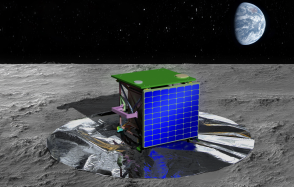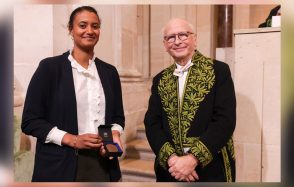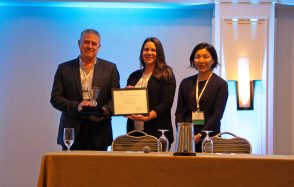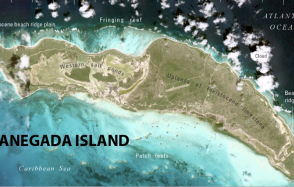VATMOS-SR: a space mission to understand the origin and evolution of Venus, candidate for the European Space Agency
Under the leadership of Guillaume Avice CNRS researchers at the Institut de Physique du Globe de Paris (IPGP) and Christophe Sotin (Pr. at Nantes University, LPG), the VATMOS-SR mission project could mark the beginning of a new era for European space exploration. Drawing on their expertise in isotopic geochemistry and planetary science, the researchers—together with colleagues from IPGP, LPG, and other European, American, and Japanese scientists—propose this bold initiative: to return, for the first time, samples from the atmosphere of Venus. This work is fully aligned with the IPGP’s scientific commitment to exploring the origins, evolution, and dynamics of rocky planets.
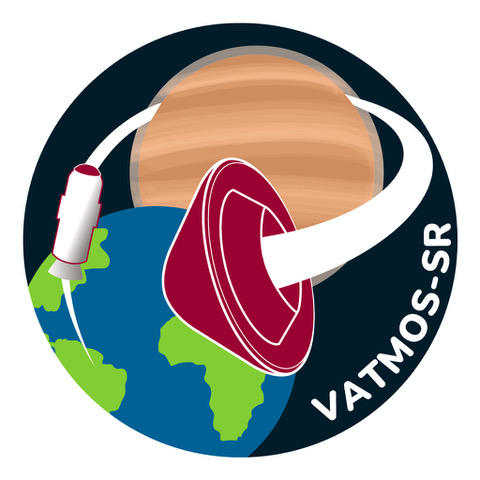
Logo VATMOS-SR
Publication date: 21/05/2025
Events, Research
Related teams :
Cosmochemistry, Astrophysics and Experimental Geophysics (CAGE)





